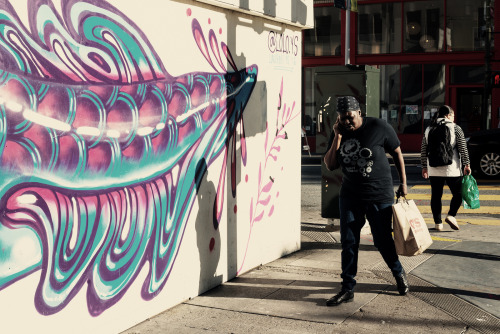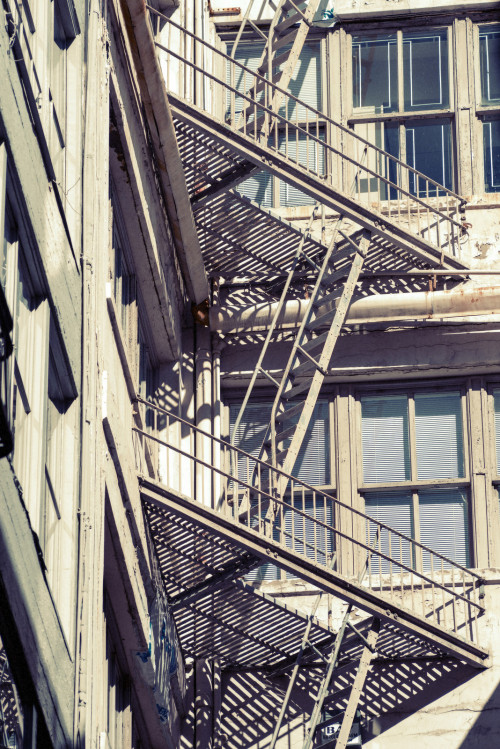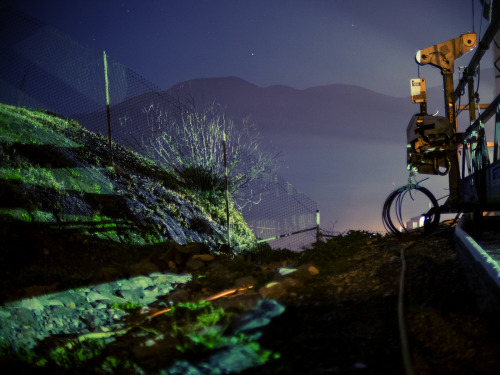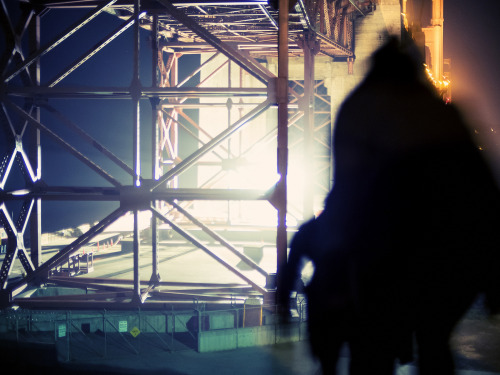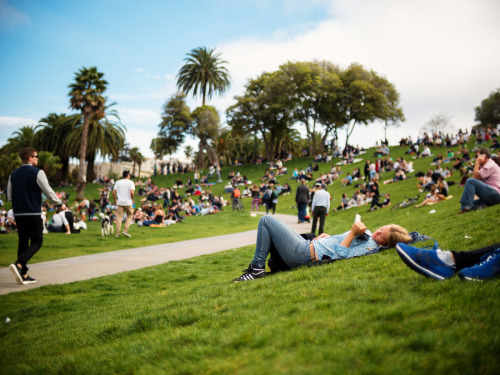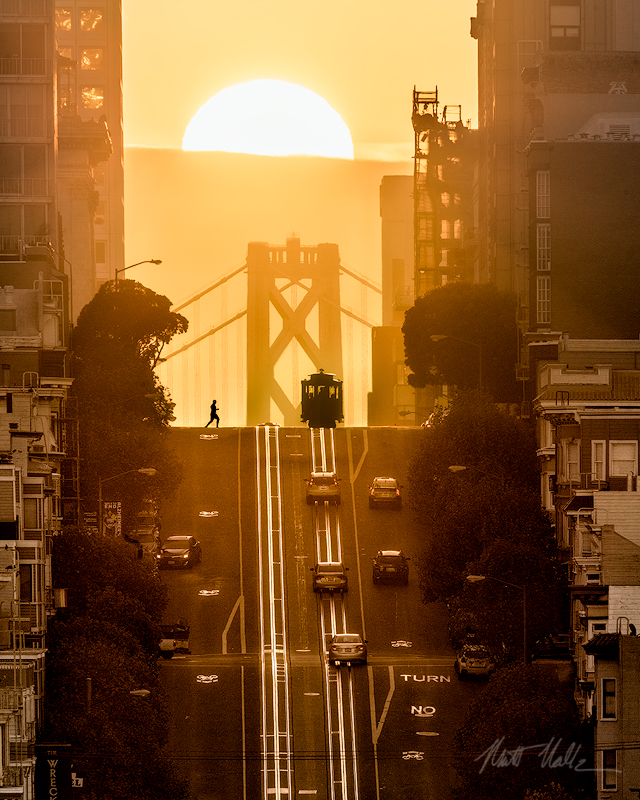#san francisco
Menu, Tadich Grill, San Francisco
Date: March 28, 1922
Source: California Historical Society, California Menu Collection
Post link
Good Morning San Francisco by Matt Walker
Via Flickr:
This image is inspired from Nick Steinberg’s beautiful shot that he took last year with the sun rising directly above the Bay Bridge tower. It’s an incredibly small window of opportunity to get the sun rising between the buildings, and over the bay bridge. This was the only day this year that the sun wasn’t completely blocked by fog.
A recall election targeting three progressive members of the San Francisco school board has succeeding by a thumping margin, with the pro-recall side taking around 70% of the vote. I was following this saga semi-closely (I never lived in San Francisco, but being just across the Bay I still paid some amount of attention). And while everyone is going to have their hot takes on this, and I’ll provide the hottest take of all by serving mine at room temperature.
I will say that I’m going to try to avoid a normative assessment about whether the decision by the voters here was good or bad. You’re going to get a lot of either (a) “Even in liberal San Francisco….” or (b) “San Francisco views itself as so liberal, but when push comes to shove….”; you don’t need me to adjudicate that for you.
Anyway, when you read stories about the recall, the narrative seems to focus primarily on three things: (1) the failure of the Board to prioritize reopening schools; (2) the Board’s insistence on renaming a huge swath of schools whose namesakes were deemed historically problematic; and (3) the Board instituting a “lottery” for admission to an elite public high school which had previously used a competitive, test-based admissions regime (this reportedly aroused the anger of the city’s Asian-American community, which had a large presence at the school that it thought would be reduced under the lottery system).
Of course, everyone wants to tell the story in such a way that it fits their political priors. If you are fulminating about the excesses of “wokeness”, then the renaming controversy is going to loom large. If you are excited about the new flexing of Asian-American political muscle, the controversy over Lowell HS admissions will be a major factor. And so on.
My lukewarm take is that one should not read too much into this because it’s really the confluence of factors, taken together, which was a bit of a perfect storm. For example, there are plenty of school renamings that go off without a hitch, but here the board’s buzzsaw like approach targeting dozens of schools (often on thin-to-nonexistent research) really smacked of performance over substance (and we could ask – performance for who? Who, exactly, wanted this – or more accurately, this much of this?). The Board just clearly got too far in front of its shoes here; it wildly overestimated the demand and the appetite for this sort of endeavor (noting that “overestimated” is not the same thing as saying there is no appetite at all).
But even that would have been probably overlooked for the most part except that it was occupying much of the Board’s attention instead of the seemingly more pressing matter of figuring out how to reopen schools. I have some amount of sympathy here because “reopening the schools” is a genuinely difficult problem and it’s not something the Board could have just fiated into existence with a finger snap. That said, if you seem to ignore the most pressing public education issue of the year for the sake of a comparatively lower priority andyou appear manifestly incompetent at addressing the thing which you’ve (wrongly) decided to make agenda item #1, yeah, that’s going to piss people off. That reopening the schools is hard is a compelling argument that one needs to very clearly and publicly exert all your effort on figuring out how to make it happen; the worst thing you can do is appear to shrug your shoulders at the whole endeavor and say “you know what seems like a lot more fun than trying to get kids back into the classroom? Figuring out whether Dianne Feinstein should have her name on a building!”
So for me, the lesson to be learned is not “San Francisco voters reject wokeness”, but it is very much that competence matters and San Francisco voters are not going to just blindly accept anything its elected pols do just because they drape themselves in the cloak of “wokeness”. It has to be about substance, not symbolism. That goes for the school renamings too – if one thinks it’s all about symbolism and “sending a message”, then maybe the execution doesn’t matter so much. By contrast, if one actually views this issue as one of substantive import, then one should be willing to do the hard work of doing research and consensus-building and line-drawing. Arguably, one could say than San Franciscans want actual,good,thought out "wokeness", which they do notdefine (contra the semi-strawman version) as just pulling out a flamethrower and torching everything in sight.
But more fundamentally, the takeaway is that the basic, often dull, but bread-and-butter policy work of making sure the schools function has to come first. That’s my big conclusion (and if one wants to say this is me just promoting my political priors, I don’t judge you). A lot of good politics is the dry endeavor of just competently insuring that things work. The best political leaders do that and can innovate and inspire and push the ball forward. But the fundamentals have to be in place before one can build flair on top.
Get the foundation down, and you can do great work building on top of it. But if you elect people who aren’t interested in the foundational work because they’re mostly excited about some high-level ideological vision – well, that can work ifthe underlying structure is strong enough that the system can manage itself on autopilot. But if you enter a time of stress or strain, like we are now in COVID, you need people at the helm who are both capable and committed to doing the slow boring work of making government work.
via The Debate Link https://ift.tt/vORbqFA
We can’t get enough of this dust jacket from Contract Null & Void by Joe Gores. This first edition was published in 1996.
Post link





